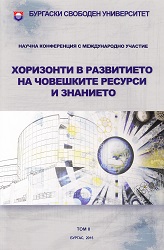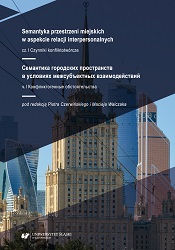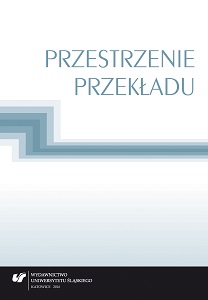
ДИСТАНЦИОННОЕ ОБУЧЕНИЕ ДЛЯ ЯЗЫКОВЫХ СПЕЦИАЛЬНОСТЕЙ
One of the requirements of the international community to the training of specialists is a quality education. The Republic of Kazakhstan is actively implementing new information technologies in the educational process to promote quality of learning materials. One of the most promising educational technologies are the technologies of distance learning. Distance learning gives students the opportunity to study at a distance from the training center and thereby expands the boundaries of education, going even beyond a single state. The article shows the main trends and ways of implementing distance learning in higher educational institutions of the Republic of Kazakhstan, their advantages and problems, the conditions which are necessary to implement the Distance learning technology.
More...

